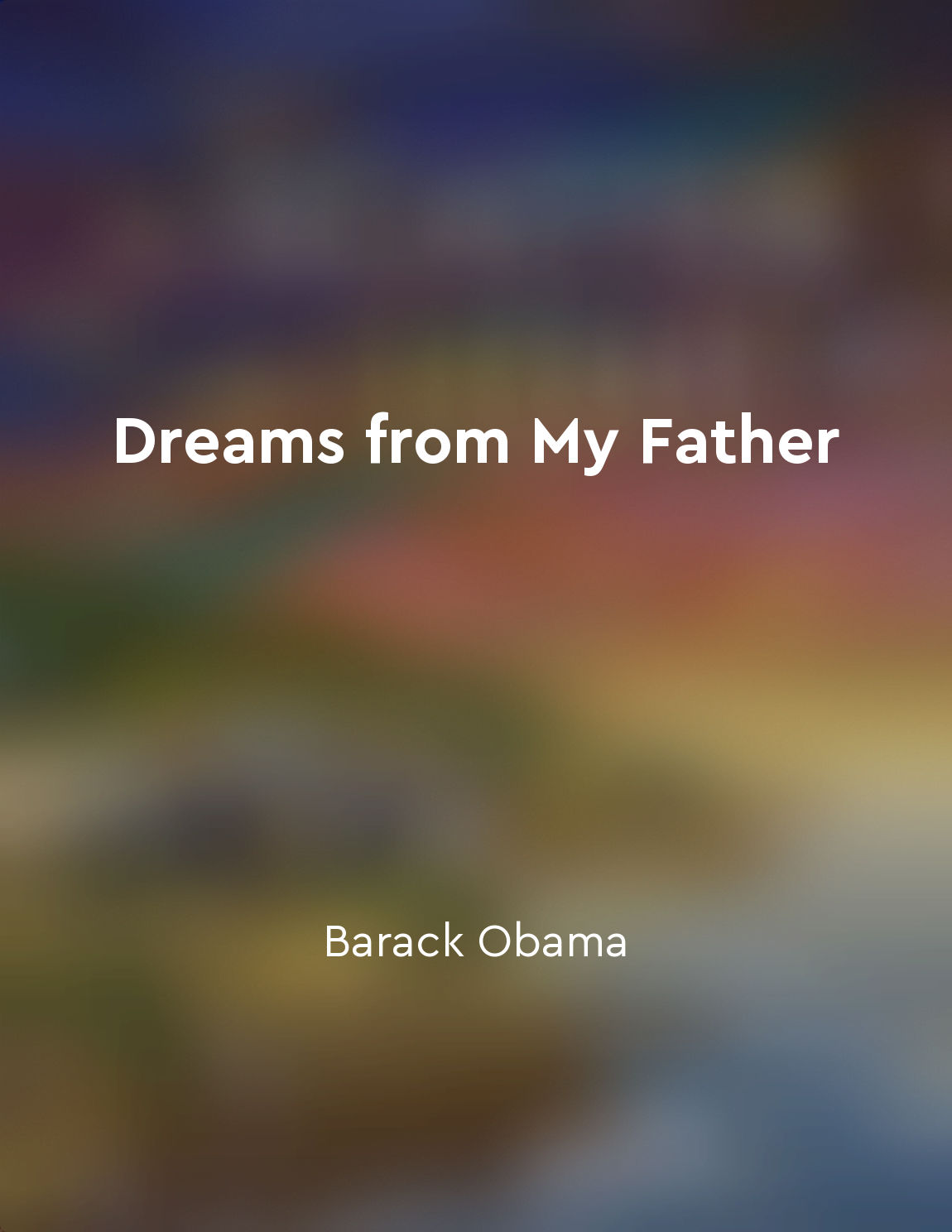Our sense of community is becoming limited to people who think like us from "summary" of The Big Sort by Bill Bishop
In America, our neighborhoods are becoming increasingly homogenous. We are choosing to live near people who share our political beliefs, our religious views, and even our dietary preferences. This selective sorting is creating communities where everyone thinks alike, reinforcing our own beliefs and limiting our exposure to different perspectives. As we surround ourselves with like-minded individuals, we lose the opportunity for meaningful dialogue with those who may challenge our beliefs. This isolation from diverse opinions can lead to a sense of superiority and an unwillingness to consider alternative points of view. The echo chamber effect only serves to deepen the divide between opposing ideologies. This narrowing of our social circles is not just a result of personal choice, but it is also influenced by the media we consume. Cable news networks, social media algorithms, and online forums all cater to our preexisting beliefs, serving us content that confirms rather than challenges our worldview. This constant reinforcement of our beliefs further solidifies the boundaries of our ideological bubbles. The consequences of this ideological segregation are far-reaching. Our political discourse has become increasingly polarized, with each side demonizing the other. Compromise and cooperation have become increasingly difficult as we retreat into our ideological enclaves, unwilling to engage with those who do not share our perspective. To break free from this cycle of polarization, we must actively seek out opportunities to engage with those who think differently from us. By fostering dialogue with individuals of varying beliefs, we can begin to break down the barriers that separate us and find common ground. Only by expanding our sense of community to include those who think differently can we hope to bridge the ideological divide that currently plagues our society.Similar Posts
Rise of mega cities
By 2030, we will witness the steady growth and dominance of mega cities around the world. These colossal urban centers will con...
Experimentation in living
The idea of experimentation in living is a fundamental principle that underlies the philosophy of utilitarianism. It emphasizes...
The open society allows for peaceful coexistence of diverse viewpoints
The idea of the open society hinges on the fundamental belief that it can accommodate a wide range of differing opinions and pe...

Empowerment through education and awareness
Throughout my journey, I have come to understand the transformative power of education and awareness. Education is not just abo...

Online activism has become a powerful tool for social change
In today's interconnected world, the rise of online activism has emerged as a force to be reckoned with in driving social chang...
Democracy empowers individuals to participate in decisionmaking
Democracy is often lauded for its ability to give individuals a voice in the decision-making process. This empowerment of the i...
Religion is a powerful force in shaping moral values
Throughout human history, religion has played a central role in guiding and influencing moral values. It serves as a powerful f...
Political corruption erodes faith in democracy
Political corruption is a cancer eating away at the heart of democracy. When those in power abuse their positions for personal ...
The nations have distinct political ideologies and voting patterns
The United States is not a monolithic entity when it comes to politics; rather, it is a patchwork of distinct nations, each wit...
Libertarianism
Libertarianism is a theory of justice that holds liberty as the primary political value. According to this view, individuals po...
